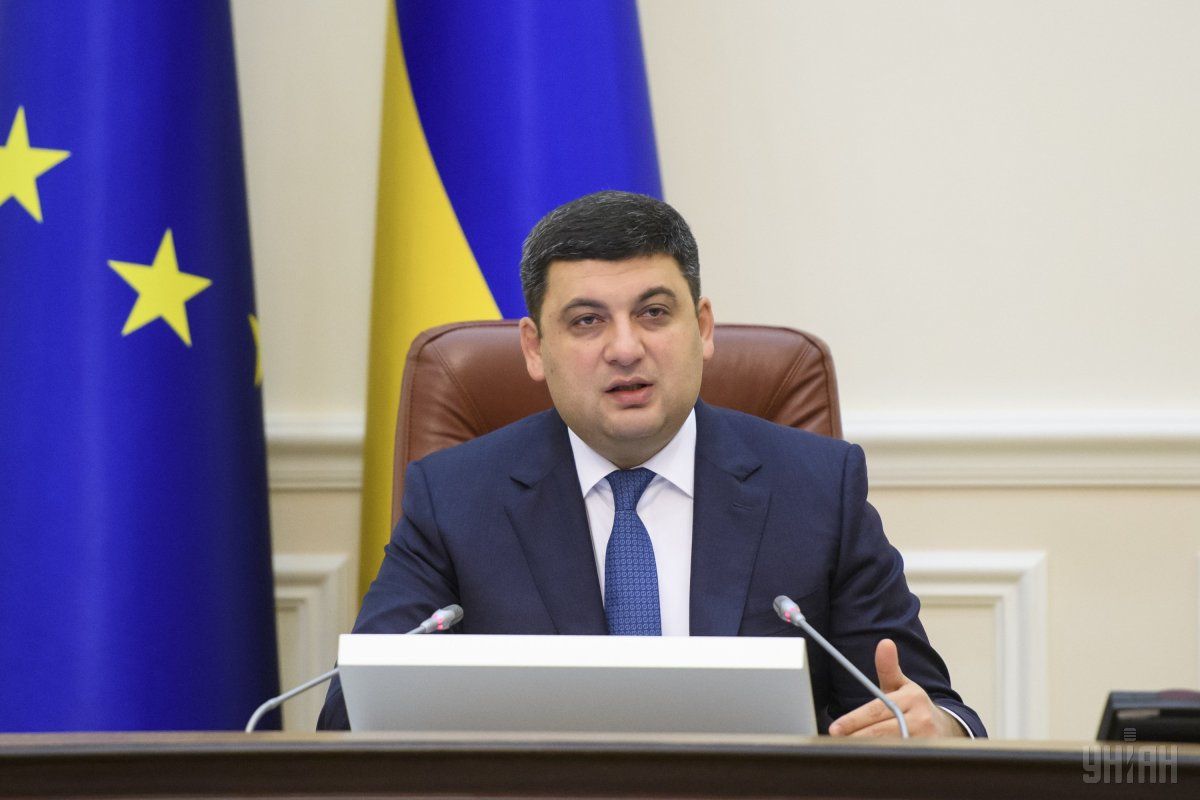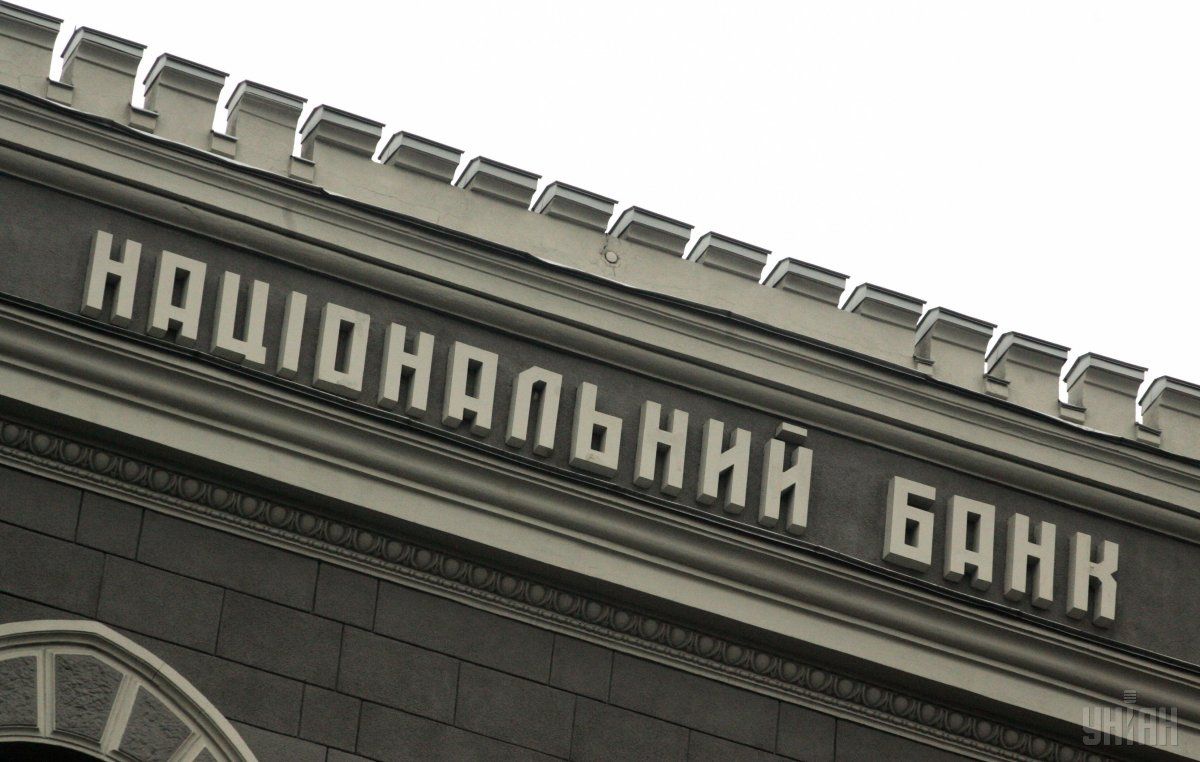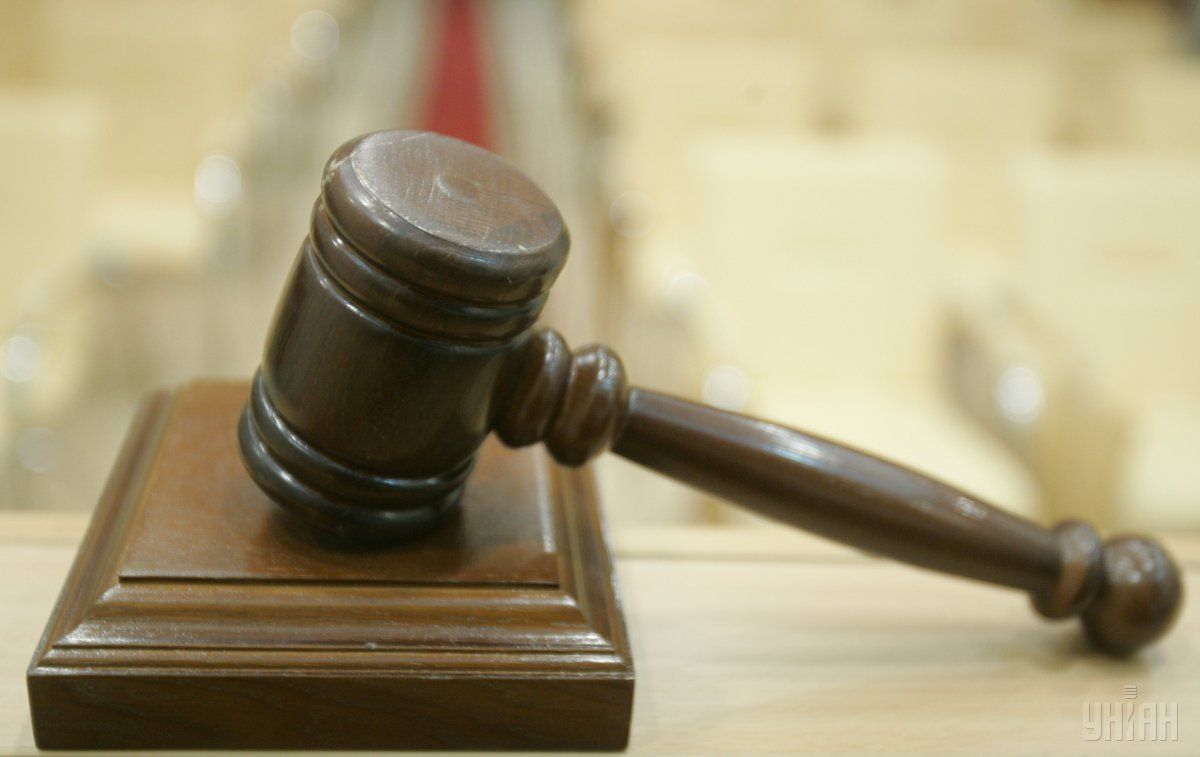
Week's balance: War against business harassers, NBU names key financial risks, and Swedish court suspends Gazprom debt collection
Last week, Prime Minister Volodymyr Groysman declared war on law enforcers who continue to exert unlawful pressure on businesses; the National Bank released its new financial stability report, pointing out major risks; and the Swedish Court of Appeal suspended execution of the Stockholm arbitration award obliging Russian Gazprom to pay $2.6 billion in favor of Naftogaz.
At a regular government meeting on Wednesday, Prime Minister Volodymyr said that, despite the law adopted by parliament aimed at halting unlawful raids of businesses on the part of law enforcers, in some regions, up to 80% of court decisions warranting searches and other investigative actions have signs of deliberate pressure.
The law, which entered into force in December last year, introduced compulsory video-recording of searches, mandatory presence of a lawyer during investigative actions, as well as a ban on re-opening criminal cases on the same charges. However, some law enforcers turned out to be creative enough to keep finding ways to circumvent the norms of the new legislation. For example, criminal cases were reopened, with a slightly different wording. In addition, large teams would raid the premises of targeted businesses, with only a single lawyer allowed to monitor the process and therefore unable to ensure that there are no violations.
The head of the government commented on the situation quite emotionally. "This is a moral issue, absolutely. There have been two revolutions in the country. People died on the Maidan, willing to build a totally different country. Today, our people, our soldiers, are at war on our eastern border. Meanwhile, in the rear, rats are coming out. These rats initiate all these schemes. And so I believe that it's time to purge our law enforcement system. I believe that for each of the unscrupulous law enforcers, responsibility should be laid on those who appointed them," said the prime minister.
Also, Groysman quite surprisingly stated that he was aware of provocations being plotted against him personally and the government as a whole for their tough stance on the issue of eliminating deliberate pressure on businesses, and therefore suggested toughening the norms of the said law.

In particular, the amendments submitted to the Verkhovna Rada foresee that entrepreneurs will have the opportunity to file with courts their complaints against the actions of a particular law enforcer, so that an official probe is appointed and, in case if any violations are revealed, they could be brought to disciplinary and financial responsibility. At the same time, a period within which a business can claim damages that resulted from the illegal actions of law enforcers is proposed to be made indefinite (now it's six months). Also, if the Verkhovna Rada approves the changes, businesses will have the opportunity to challenge in courts the reopened criminal cases.
"Perhaps the proposed changes do not seem as substantial as the law itself, but it is these details that are exploited to exert pressure on businesses," said Minister of Justice Pavlo Petrenko.
Time will show whether such changes are effective, but the ultimate instance of opposition to unscrupulous law enforcers will be the Ukrainian court. According to a survey by the American Chamber of Commerce, about 90% of businesses in 2017 considered the judiciary of one of the most corrupt branches of power in Ukraine.
Risks for financial stability

The National Bank of Ukraine last week issued a report on financial stability, confirming the fears of most economists and businesses - getting assistance from international financial organizations will become critical for the country in the coming months.
The regulator notes that repayment and servicing of external debt starts to put pressure on international reserves, which for the first five months of 2018 decreased by 3.7%, down to $18.1 billion. By the end of the year, the amount of payments on debts will exceed $2 billion, and in 2019 it will be more than $6 billion.
"The current level of reserves is still comfortable, however, its decline could provoke devaluation expectations and affect the balance in the foreign exchange market and willingness of external creditors to refinance debts of the private sector," the report says.
The National Bank notes that under any scenario of development of relations with the International Monetary Fund, Ukraine will have to enter the international borrowing market amid growth in the yield of Eurobonds due to the tight monetary policy of the United States.
"The lack of cooperation with the IMF will significantly increase Ukraine's sovereign risk. Therefore, external borrowing can become extremely costly not only for the government, but also for Ukrainian companies, in particular for those who will need to refinance their external debt," the report says.
In support of fears of hryvnia devaluation risks, the National Bank did not dare cancel the requirement of a compulsory sale of 50% of currency earnings by exporters, extending it to the middle of December.
The positive macroeconomic news last week was the European Parliament's approval of the third package of macro-financial assistance to Ukraine totaling EUR 1 billion. Thus, before the end of June, the European Council could green-light the allocation of funds so necessary for our country, after which the final conditions for their receipt will be determined. Nevertheless, an obvious condition for the receipt of macro-financial assistance from the European Union will be continued cooperation with the IMF, which the National Bank expects to see before autumn.
Suspension of Stockholm Arbitration award

On Thursday, the saga around the implementation of the Stockholm Arbitration award, according to which the Russian gas monopoly Gazprom is obliged to pay Naftogaz almost $2.6 billion, saw a new turn. The Svea Court of Appeal ruled to suspend the debt collection procedure.
Gazprom immediately announced that they would use the decision to suspend the procedure for the arrest by Naftogaz of their assets in international jurisdictions.
The Ukrainian company reported that the decision was taken by the court without Naftogaz's presence and, accordingly, without taking into account the explanations and arguments that would have been submitted by the company had the court notified Naftogaz of such an appeal by Gazprom and the fact of its consideration by the court. The company will soon file its detailed explanations and counterarguments and expects that, taking them into account, the court will cancel the decision to suspend the process. Also, Naftogaz noted that the court's decision did not lead to the cancellation of the Arbitration award and did not give Gazprom the opportunity to demand from Naftogaz the return of $2.1 billion already accounted for by the arbitration award as compensation.
In addition, the decision of the Court of Appeal does not lead to the automatic cancellation of existing decisions on the seizure of Gazprom's assets in different jurisdictions.
Time will show what other turns the story might take, but it is obvious that Naftogaz will hardly be able to quickly recover funds from Gazprom.
In conditions where Gazprom refuses to fulfill its contractual obligations and remains an unreliable gas supplier, the Ukrainian authorities continue to look for opportunities to diversify supplies. Last week, Ukrainian President Petro Poroshenko took part in the ceremony of launching the Trans-Anatolian Gas Pipeline from Azerbaijan to the EU via Turkey. According to the head of the Ukrainian state, our country in the long term will be able to receive Caspian gas using new transit capacities. And it seems that lowering the risks of Russian energy blackmail will be one of Ukraine's key tasks in the near future.
This week promises to be rich in important economic events - the International Monetary Fund could publicly announce its assessment of the Anti-Corruption Court law, the Ministry of Finance will consult with the IMF on the impact of raising gas prices on the budget deficit, while the State Statistics Service will release a report on Ukraine's industrial output in January-May .
Maksym Shevchenko

